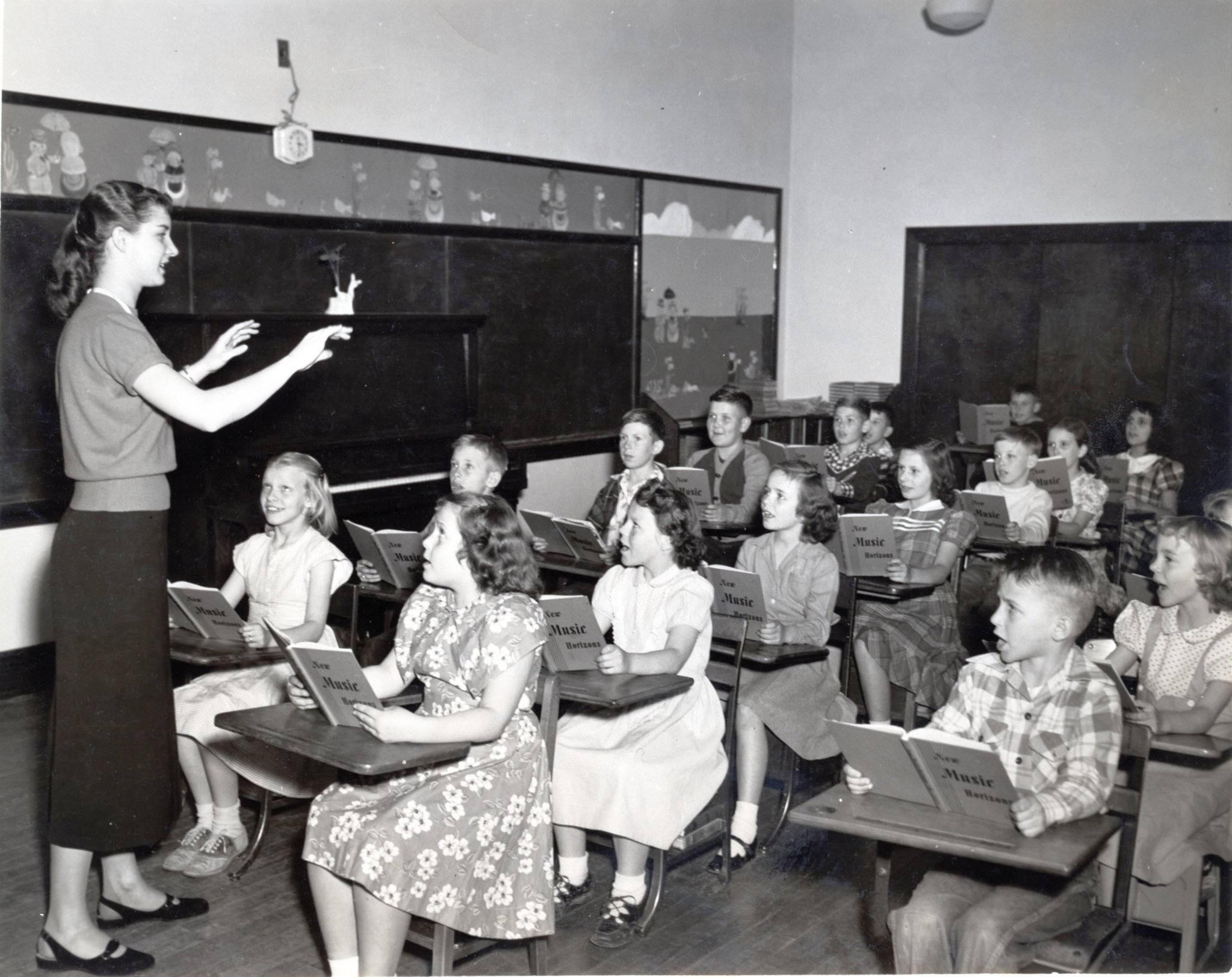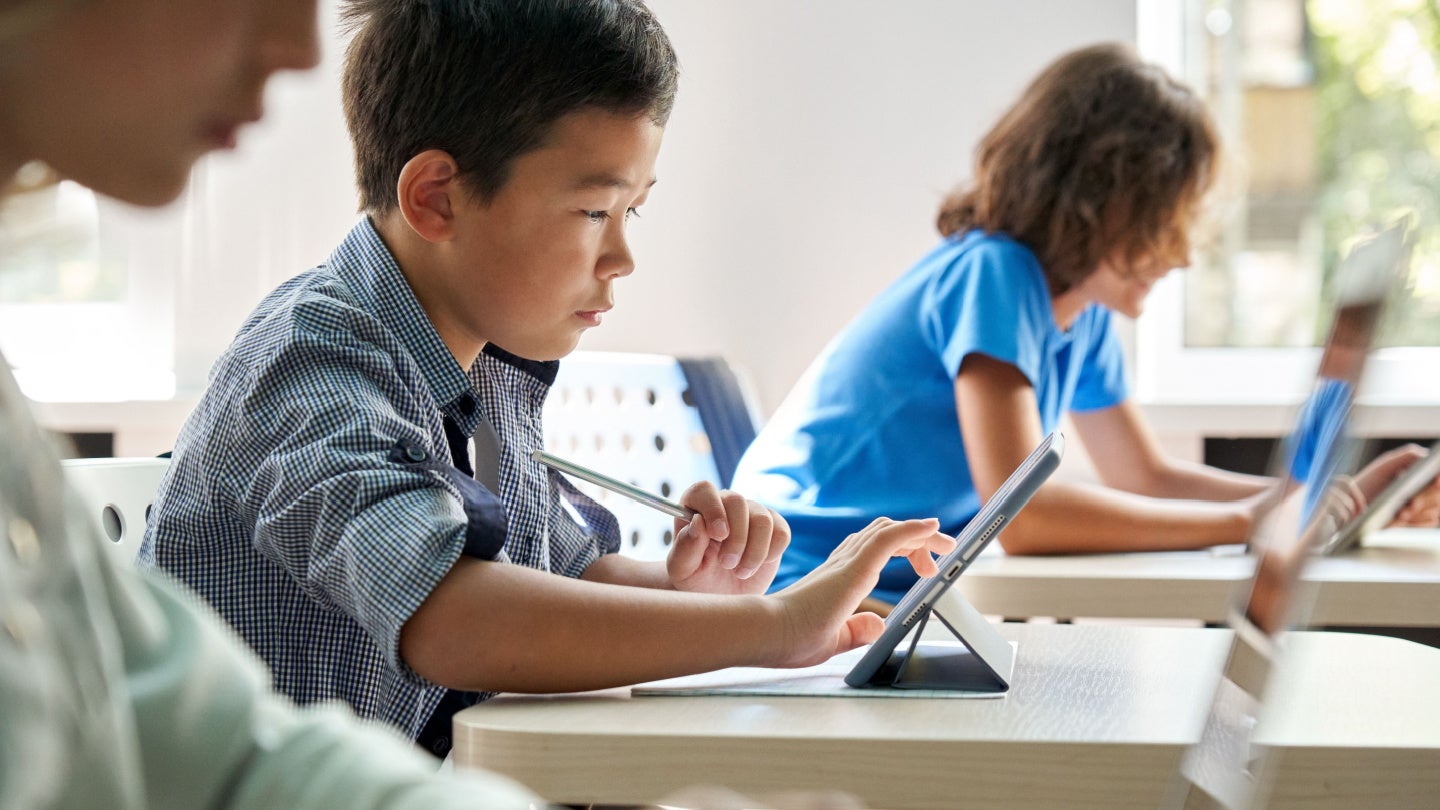What is Education 4.0?
Education has undergone a profound transformation over the centuries, evolving in response to societal, technological, and economic shifts. From the traditional, teacher-centric model of the past to today's personalized, technology-driven landscape, education has progressed through distinct phases: Education 1.0, 2.0, 3.0, and now, Education 4.0.
These developments represent the evolution of educational paradigms in response to societal and technological changes, as following:
illustration: Development from Education 1.0 to 4.0
Education 1.0:
It refers to the traditional model of education, characterized by:
- Teacher-centered approach
- Rote learning and memorization
- Standardized curricular
- Limited technology use
This model was predominant before the widespread adoption of digital technologies in education. [1]
Education 2.0:
Education 2.0 emerged with the advent of the internet and early digital technologies. Key features include:
- Introduction of e-learning platforms
- Blended learning approaches
- Increased student engagement through digital tools
- Beginning of collaborative learning environments [2]
Education 3.0:
Education 3.0 is characterized by the integration of more advanced digital technologies and a shift towards student-centered learning. Features include:
- Personalized learning experiences
- Increased use of social media and collaborative tools
- Focus on developing 21st-century skills
- Emphasis on creativity and innovation [3]
Education 4.0:
Education 4.0 aligns with the Fourth Industrial Revolution (IR4.0), emphasizing:
- AI and machine learning in education
- Adaptive and personalized learning at scale
- Virtual and augmented reality in learning environments
- Focus on developing skills for future jobs
- Integration of IoT and big data in educational processes [4]
"Education 4.0 is a response to the needs of IR4.0
where human and technology are aligned
to enable new possibilities" [5]
This evolution in educational paradigms demonstrates the ongoing adaptation of educational systems to meet the changing needs of society and prepare students for an increasingly digital and interconnected world.
Conclusion
The term "Education 4.0" refers to a paradigm shift in how education is taught today and a new era of learning. The Fourth Industrial Revolution (4IR) was in line with it. To achieve Education 4.0, we must include cutting-edge technology, such as big data, virtual reality, and artificial intelligence. It supports the development of intended learning outcomes and helps us customize educational experiences.
Education 4.0 can encourage students to become more creative, collaborative, critical thinkers, and problem solvers. To meet the demands of each student and keep up with the rapidly changing field of knowledge, Education 4.0 also prioritizes customized learning opportunities, flexible teaching strategies, and a lifetime learning philosophy. [6]
Thus, administrators and instructors face a significant challenge due to Education 4.0. It necessitates a significant change in perspective, abilities, and role. They must promote an environment that values creativity, teamwork, and ongoing professional growth. By providing educators with the necessary tools, schools may help them see these obstacles as chances for improvement and improve student results. It is crucial to recognize that the path towards Education 4.0 is continuous, involving consistent work, backing, and a well-defined vision for the educational landscape.
References
- Hussin, A. A. (2018). Education 4.0 Made Simple: Ideas For Teaching. International Journal of Education and Literacy Studies, 6(3), 92-98.
https://doi.org/10.7575/aiac.ijels.v.6n.3p.92 - Demartini, C., & Benussi, L. (2017). Do Web 4.0 and Industry 4.0 Imply Education X.0? IT Professional, 19(3), 4-7.
https://doi.org/10.1109/MITP.2017.47 - Moravec, J. W. (2008). A new paradigm of knowledge production in higher education. On the Horizon, 16(3), 123-136.
https://doi.org/10.1108/10748120810901422 - Fisk, P. (2017). Education 4.0 ... the future of learning will be dramatically different, in school and throughout life. Retrieved from http://www.thegeniusworks.com/2017/01/future-education-young-everyone-taught-together
- Puncreobutr, V. (2016). Education 4.0: New Challenge of Learning. St. Theresa Journal of Humanities and Social Sciences, 2(2), 92-97.
- World Economic Forum. (n.d.). Education 4.0. Retrieved from
https://initiatives.weforum.org/reskilling-revolution/education-4-0







Thank you for your valuable contribution Father John.
ReplyDeleteGod bless :)
DeleteFather Worawut; please present this article in the classroom for today; as an example.
Delete